The Use of Languages in Employment Relations
In a world dominated by thousands of multinational enterprises which take worldwide and far-reaching decisions from faraway headquarters, and in which cross-border migration of workers hugely exceeds all precedent, enforcing the prohibition of discrimination on the basis of language emerges as a major challenge. Despite the policy consensus of è?–unity in diversityè?— that prevails nearly everywhere today, exceptional rules continue to emerge as necessary to protect languages against economic pressure from other linguistic groups and cultures. Especially in the European Union, where freedom of movement of workers and freedom of services are explicitly guaranteed, language-related circumstances often lead to serious disputes that have not been envisioned by policymakers or legislators.
{{comment.content}}
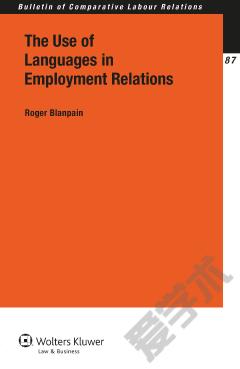
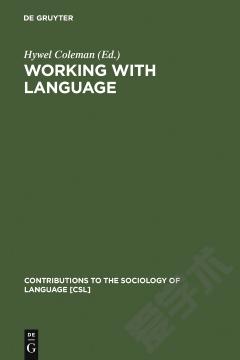
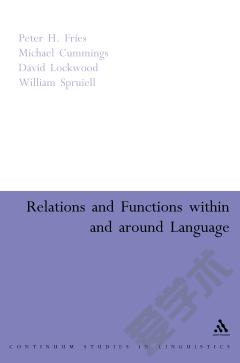

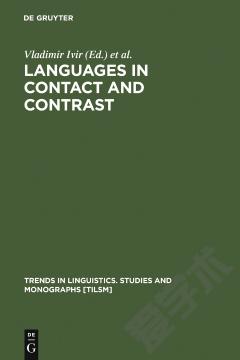
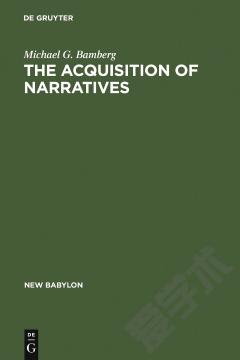


 京公网安备 11010802027623号
京公网安备 11010802027623号